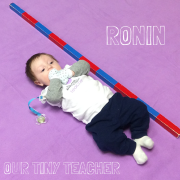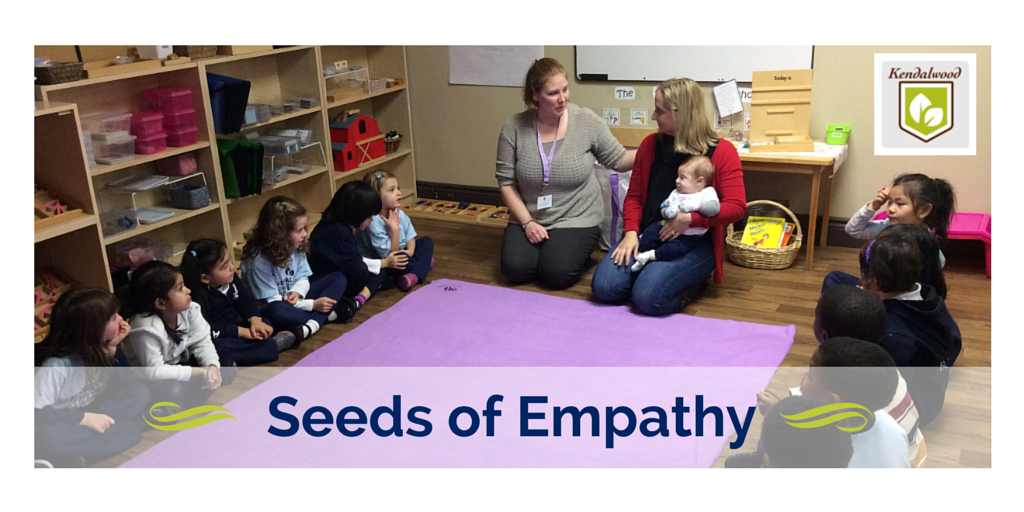The Kendalwood Casa Community
Maria Montessori coined the term “the absorbent mind” to describe the early years of development, where children spontaneously and effortlessly accumulate knowledge through their environment. The years between three and six are a time of opportunity, where early experiences have set foundations yet children continue to unconsciously take in everything around them.
The Casa classroom is specifically set up to support this concept of enthusiastic exploration and independent discovery through the environment. During the Casa years, a child begins to interact with the world more consciously, refining their experiences and acting in a more purposeful way. The prepared environment within a Casa classroom encourages movement and activity, providing well thought out access to materials which have been specifically designed and arranged to entice the child to learn. A balanced mix of freedom and self-discipline develops within each student as they navigate the Casa environment.
Within this distinct classroom setting, Casa students enjoy a diverse peer group of children aged three to six. This three year age span is a hallmark of Montessori education which enables younger students to both observe and interact with older children in a familial setting. The elder students have the opportunity to gain confidence acting as leaders within the classroom. In other cases, students of the same age working at different levels can work together to share knowledge and assist one another. This environment of peer teaching and learning fosters a cooperative learning environment for all.
There are a number of key goals within the Casa community. Children work towards developing their sense of order and expand their concentration skills. Independence and problem solving capabilities are always an area of focus. The Casa classroom nurtures a natural love of learning and gives that “absorbent mind” the very best environment in which to grow.
“Education is a natural process carried out by the child and is not acquired by listening to words but by experiences in the environment.”
– Maria Montessori
Observing a Casa classroom is truly a remarkable experience for anyone who has not witnessed Montessori education in action. A first year Casa child learning letters one through twenty may be sitting beside a second year student working on addition and subtraction, or even a third year student working on multiplication or division. Each child works at their own level using supporting materials. A first year student is often supported and motivated by an older classmate while the elder of the pair thrives in the role of mentor.
Classmates, Friends, Mentors
Kendalwood Casa students are confident and engaged learners! Please contact us if you would like to tour the campus and see the Montessori magic in one of our classrooms.

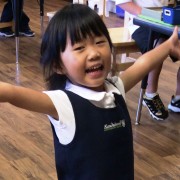
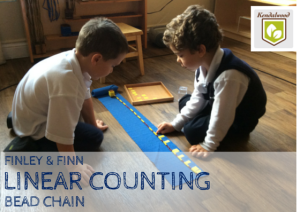
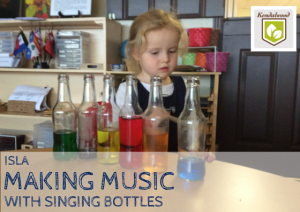
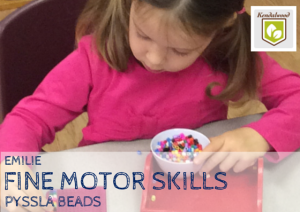
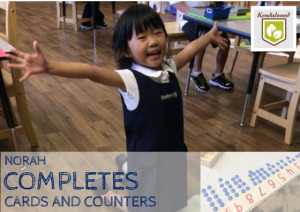
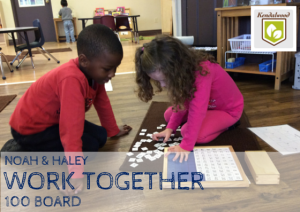
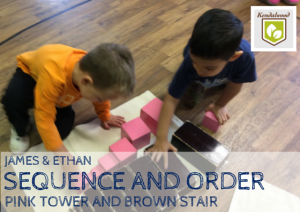

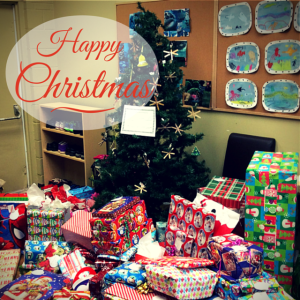 The Kendalwood Giving Tree is our customary way of coordinating the Christmas sponsorship program. A tree filled with special ornaments greets students and parents at each entrance of the school. Kendalwood families are invited to select an ornament which includes details about the family we are sponsoring, along with items they need or other special requests from their wish list. Items listed on the ornaments are then purchased, wrapped and returned to the school using the ornament as a gift tag.
The Kendalwood Giving Tree is our customary way of coordinating the Christmas sponsorship program. A tree filled with special ornaments greets students and parents at each entrance of the school. Kendalwood families are invited to select an ornament which includes details about the family we are sponsoring, along with items they need or other special requests from their wish list. Items listed on the ornaments are then purchased, wrapped and returned to the school using the ornament as a gift tag.
